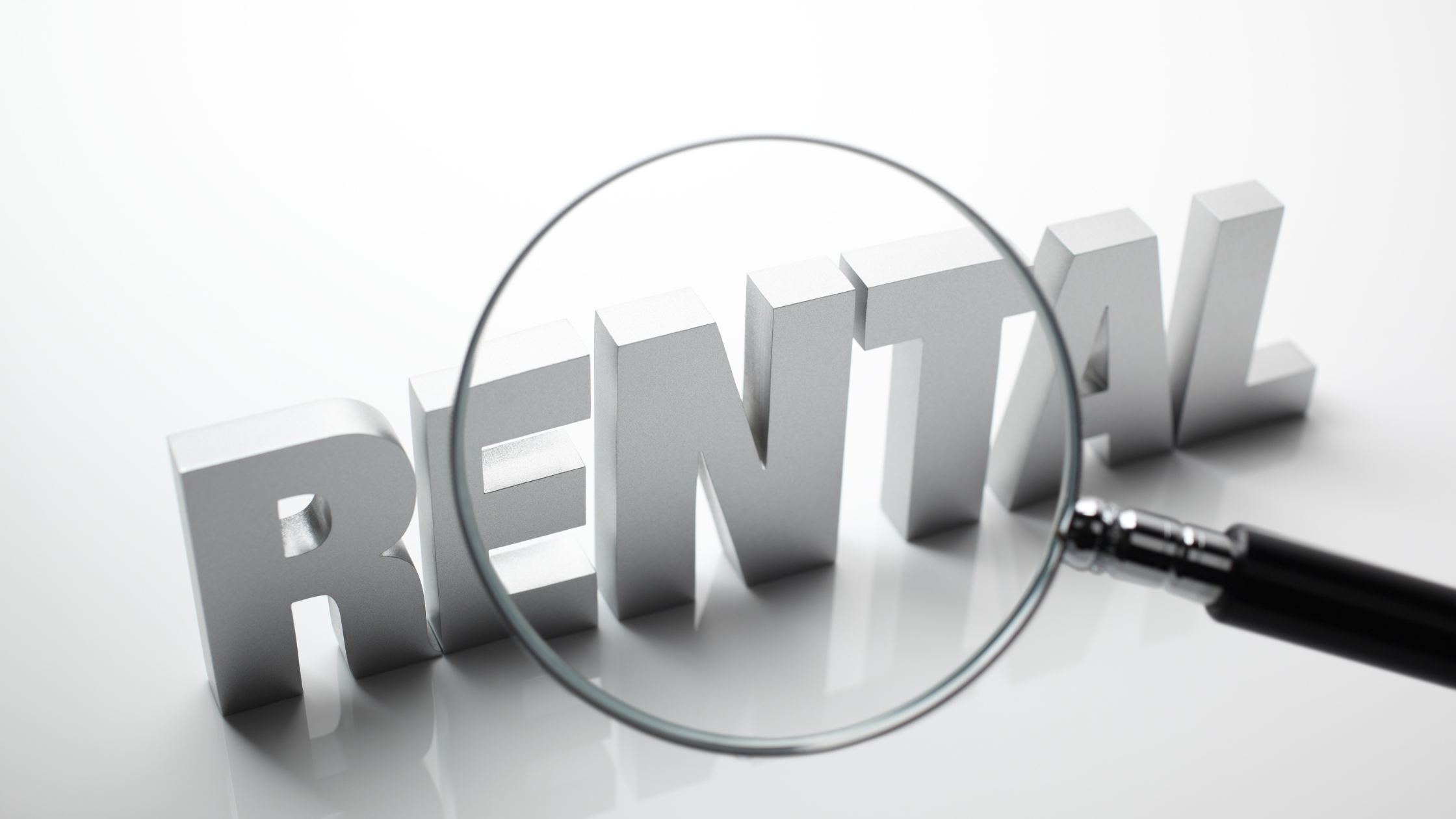The real estate investment helps earn passive income over the years, but you need to know that the income you generate in rental from your investment is taxed. Therefore, as an investor, you must have the right idea about rental property taxation to assure you avail the benefits of the same and avoid any complications.
The rental taxes work differently than the owner-occupied home, but it can be pretty beneficial for the investors. A basic rule here is that rental property investors must report their expenses and income as legally as possible.
If you are new to the industry or unaware of the rent income calculation, then the guide here will provide clear information. Make sure you check it out to know better how to use expenses from operating and earnings to reduce taxable net income while ensuring a good cash flow.
Understanding rental income
Internal revenue services describe any payment one can receive from the occupation or use of the property as rental income. This includes average rent payments, security deposits, advanced rents not returned to the tenant, lease cancellation fees, and services provided for the rent.
The rental income is always taxed like any ordinary income at the same tax rate as the income tax bracket. However, one must be aware of certain deductions and rules.
Taxes on rental income
The rental income you declare on the taxes will vary based on the accounting method. Generally, individuals use the cash method, which requires them to report income just as they receive it and the expenses when made.
But some businesses also choose the accrual method of accounting. This counts the income that is owed but not when received.
However, choosing the cash basis method would be the best if you are the owner of multiple rental properties. This means you need to consider the rental received as income in the specific tax years. IRS also states that you can include the advance obtained along with the rent payments from the tenant before the period which covers it.
So if you sign a contract with the tenant and receive the first year’s payment with some advance payment, then you have a report of all of this payment as rent received in the tax.
Further, you also have to count the security deposit from the tenant. You can do so by using the security deposit as the final rent payment, or you consider it as part of the compensation for the damage done by the tenants. However, if you take the deposit intending to return the tenant, you cannot count it as income.
The payment the tenant makes in kind to you can be reported as income based on the number of months it covers. For instance, if you agree with the tenant to accept something in exchange for a month’s rent, you have to mention it. The IRS will still consider it as a monthly rental. This means you will need to report the rent for that month as income when you file for the taxes.
There are certain other rental income forms that the landlord needs to report. For instance, if the tenant pays the money to get out of the lease, it can be considered the rental income for the tax.
You will need to consider the payment in the specific year, irrespective of the chosen counting method. If the tenant is made to pay building expenses that do not apply to the lease, then the payment can be counted as income for you.
Deduction taxes on rental income
Being a landlord comes with great responsibility. Thus one needs to be aware of the aspects like taxes to avoid complications and make the most of the available opportunities. Remember that you can deduct some things from the expenses to reduce your tax liability.
For instance, you have the right to remove interest on the rental property, operating expenses, property taxes, repair, and depreciation.
The IRS considers the standard of necessary and ordinary expenses for determining what form the rental income they are. The costs generally come with ownership. This can include any payment you make as a management company, like maintenance expenses, advertising, vacancy utilities, insurance, etc. You can also deduct the cost of supplies, materials, or repairs used to maintain the building.
The one thing that can you cannot deduct is the money you have spent on renovating, improving, or remodelling your property. No doubt the regular maintenance counts, but if you decide to make your property a lot fancier or if you choose to turn a one-bedroom apartment into two, then you cannot avoid those kinds of expenses.
Rental income tax on passive income
The revenue you collect from the rental activity is considered passive income. This means there are limits to using the loss for rental activities to help offset the other income sources.
But suppose you can prove that you have actively participated in the rental properties by owning at least 10% of the property and making major management decisions. In that case, you can deduct up to $25000 of the rental loss.
This would mean you have to meet specific income restrictions, which would be your modified adjusted gross income must be below $150,000 to be considered as a deduction. Also, if your income is over $100,000, then you won’t be able to get the maximum deductions.
Make sure you consider taking professional help to make the most of the opportunity and save money on the taxes.
Reporting taxes on rental income
Once you have calculated it all and want to file for the rental income tax, you must fill out form 1040 and attach Schedule E. It is meant for showing supplemental income and loss.
It would help if you listed each entered property’s total expenses, revenue, and depreciation separately. The costs include auto and travel, advertising, insurance, etc. Make sure to put the depreciation amount correctly.
With one schedule E form, you have the right to report three properties. If you have more, you will have to file additional schedule E forms for listing the other properties online.
In sections 1 and 2, you must fill out the columns on one schedule E form. You will then combine the totals with all of the schedule E files.
To ensure you are providing correct information, you will want to have a proper record of property management, financial statements, rent checks, deductible, expenses, receives, and more.
If you cannot provide the correct paperwork, you won’t be able to deduct as much money as you like, even taxes or penalties.
Tips for filing the tax
There are a lot of things that you can consider to save money on the tax liability you have to pay. You must understand the available options and consider getting help from someone experienced in the industry. This would help save a great amount every year.
- The financial advisor can help you deal with the rental income and the other questions associated with the tax. It would help if you found a qualified financial advisor who can keep up with the service and assure you to provide you with precise information. You have to interview the advisor. Also, you need to see if they can match your financial goals.
- Tax filing can be tricky for businesses. If you find yourself confused, as the case can be, if you are the landlord, then you can consider using tax software to ease the work. It will help you with the taxes and the calculations, ensuring you have an easy time managing it.
- If you are to receive a large tax refund, then there is a possibility to get that money during the year instead of in one instance. For this, you must adjust the amount withheld from each pay check.
Conclusion
When filing tax for rental income, things can be pretty complicated when you are the landlord. Thus you must have a fair idea about the process and other aspects so that you can file for the tax and save money on the liability. However, certain things can be beneficial.
If you are new, then you can consider taking help from Private Capital Investors. They have got the best professionals. They have the experience to ease the work. They will assure to provide you with clear information about all the details. No matter whether you are filing taxes or want any other assistance in the industry, the profession will be there to provide the help.





